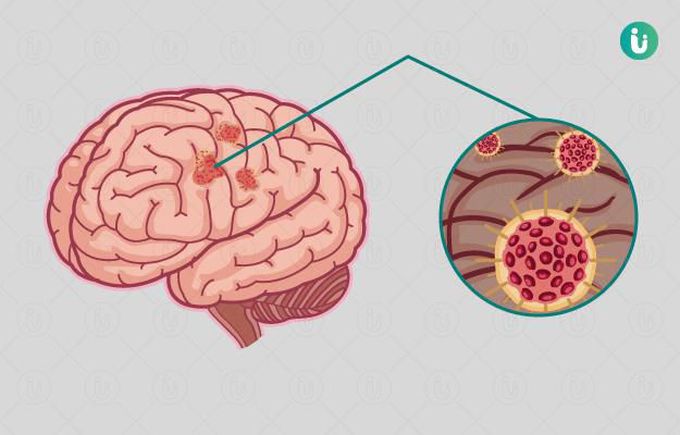


Signs and symptoms of encephalitis
Encephalitis may cause many different symptoms including confusion, personality changes, seizures or problems with movement. Encephalitis also may cause changes in sight or hearing. Most people with infectious encephalitis have flu-like symptoms, such as: Headache. Fever. Aches in muscles or joints. Fatigue or weakness. Typically, these are followed by more-severe symptoms over a period of hours to days, such as: Stiff neck. Confusion, agitation or hallucinations. Seizures. Loss of sensation or being unable to move certain areas of the face or body. Irregular movements. Muscle weakness. Problems with speech or hearing. Loss of consciousness, including coma. In infants and young children, signs and symptoms also might include: Bulging in the soft spots of an infant's skull, known as fontanels. Nausea and vomiting. Stiffness affecting the whole body. Poor feeding or not waking for a feeding. Irritability. In cases of autoimmune encephalitis, symptoms may develop more slowly over several weeks. Flu-like symptoms are less common, but can sometimes happen weeks before more-severe symptoms start. Symptoms are different for everyone, but it's common for people to have a combination of symptoms including: Changes in personality. Memory loss. Problems understanding what is real and what is not, known as psychosis.
Dandy Walker Malformation | Diagnosis symptoms and treatment2-Minute Neuroscience: Brain AneurysmsSeizures (Epilepsy) Nursing NCLEX: Tonic-Clonic, Generalized, Focal, SymptomsStroke: Causes, Risk Factors, Treatment, and Prevention | Mass General BrighamNeurofibromatosisBrain Blood SupplyAbsence seizuresSymptoms of absence seizures

